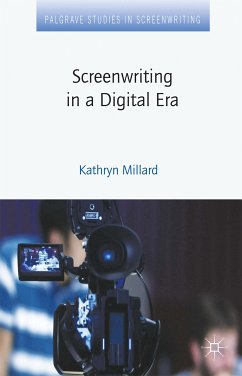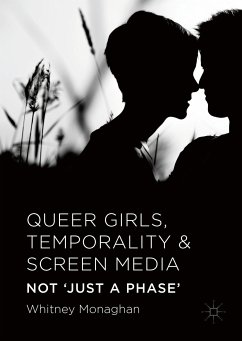Dieser Download kann aus rechtlichen Gründen nur mit Rechnungsadresse in A, B, BG, CY, CZ, D, DK, EW, E, FIN, F, GR, HR, H, IRL, I, LT, L, LR, M, NL, PL, P, R, S, SLO, SK ausgeliefert werden.
'This is a very well researched, carefully structured and stimulating account of the evolution of British and German broadcasting policies. Its analysis of the impact of marketization and liberalization on our communications systems should serve as a warning to us all.' - Des Freedman, Goldsmiths, University of London, UK
'This is an essential and exciting contemporary document of media policy.' - Professor Christian Schwarz-Schilling
'Potschka manages breadth and depth in his forensic take on the evolution of broadcasting in the United Kingdom and Germany.' John Nathan Anderson, Convergence 2014 20: 372
'This volume is a must-read for the political economy student and the media researcher This close investigation of the two countries' media policies much broader issues are addressed that could act as a springboard for further investigations into the uncharted area of new media formations, broadcasting and telecommunications.' Despiona Feleki, European journal of American studies, Reviews 2013-2, document 8
'The importance of broadcasting in the political culture of society cannot be overstressed. The ways in which information is collected, processed, and disseminated influence how societies see themselves and the values they consider central. Any changes in broadcasting systems should be subjected to detailed scrutiny and evaluation. This is what Christian Potschka does to great effect in his comparative study of changes in broadcasting policy in the UK and Germany since the 1980s This is an excellent scholarly book. It is based on extensive reading in secondary literature and official publications relating to both countries It will be required reading for anyone seriously interested in trying to understand why something so central to the complex cultural life of our societies was undermined by ill-considered and partial economistic thinking. It is a book as much about politics as it is about the other forces shaping broadcasting policy.' Tom O'Malley, Aberystwyth University, UK
'The book contains a detailed description of the historical events that have shaped the broadcasting sector in the United Kingdom and Germany. Policymakers, researchers and anyone interested in media broadcasting will find in this volume a valuable source of information about the changing role of the state in public broadcasting.' J R Schneir, Telecommunications Policy 39 (2015) 155 156









